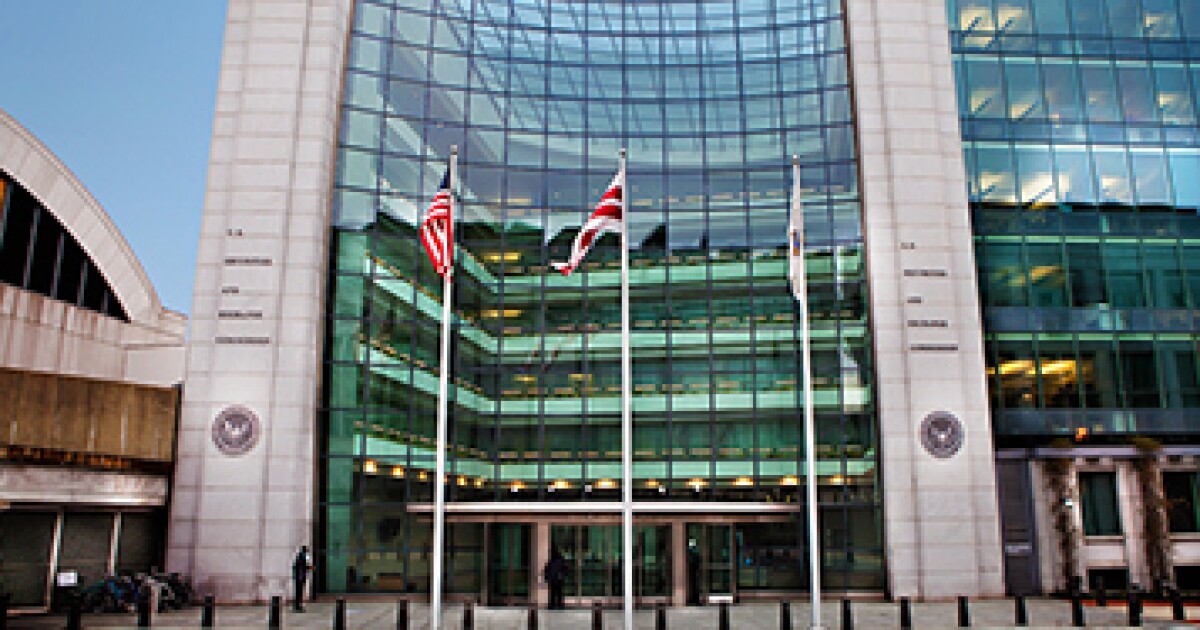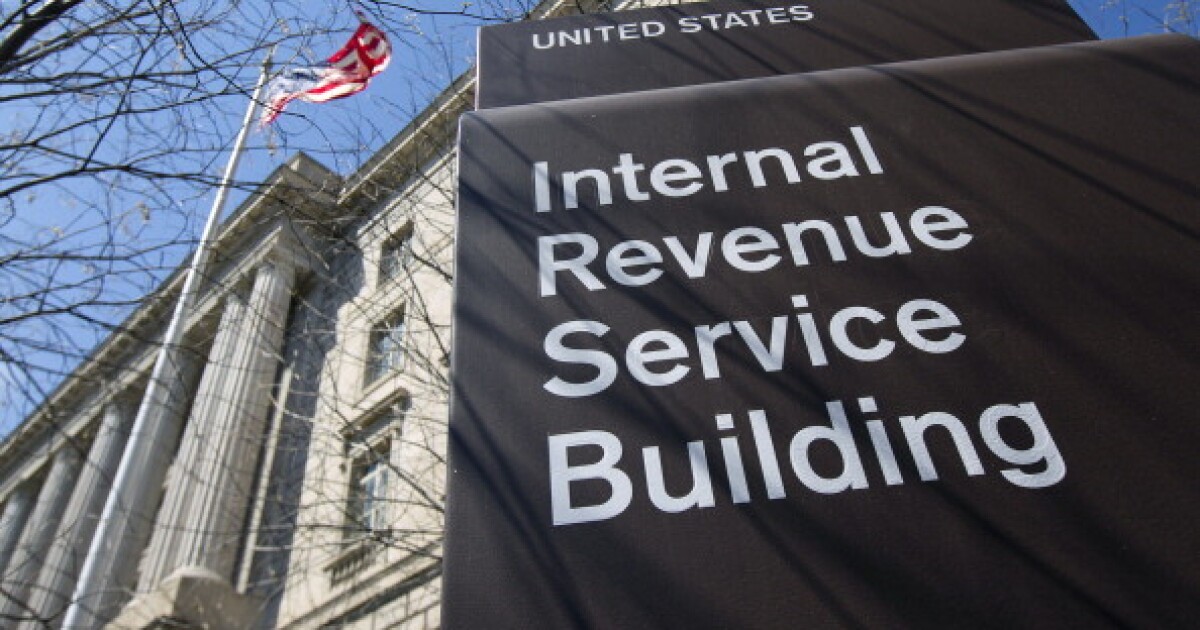The Securities and Exchange Commission has scheduled a meeting for March 6 on its long-awaited climate disclosure rule.
The SEC proposed the
The climate disclosure rule, as originally proposed, would require registrants to include certain climate-related disclosures in their registration statements and periodic reports, including information about climate-related risks that are reasonably likely to have a material impact on their business, results of operations, or financial condition, and certain climate-related financial statement metrics in a note to their audited financial statements. The required information about climate-related risks also would include disclosure of a registrant’s greenhouse gas emissions.

Bloomberg News
Accounting firms such as KPMG are eagerly anticipating the expected rules. “I’m sure we’ll have people, including ourselves, burning the midnight oil on March 6 to provide detailed in-depth analysis,” said KPMG U.S. ESG leader Rob Fisher during a press briefing Thursday.
The final rule probably won’t match up with the climate disclosure standard
“I’ve been sitting close to and monitoring the work of the ISSB, and we got to a point where there’s some equivalency in certain instances where you can finally use IFRS financials and U.S. GAAP financials,” said KPMG U.S. audit leader Maura Hodge. “We are keeping an eye on that, but I don’t think that’s going to happen in the very near term.”
She acknowledged that the SEC refers to the framework from the Taskforce on Climate-related Financial Disclosure in its proposed rule, and the ISSB has
“The original proposal post contemplated the TCFD framework and the Greenhouse Gas Protocol, because those were longstanding standards and frameworks that were widely used,” said Hodge. “But the SEC wrote their own rules, taking from those standards and frameworks what they felt to be for a U.S. audience and for public registrants in the U.S.”
She pointed out that the TCFD framework is now being sunset and effectively incorporated into the ISSB’s climate-related disclosure standard, known as
“There is some final analysis going on this year for companies who have issued TCFD reports in the past to shift to IFRS S2 reporting going forward and so there will be no TCFD framework,” Hodge added.




